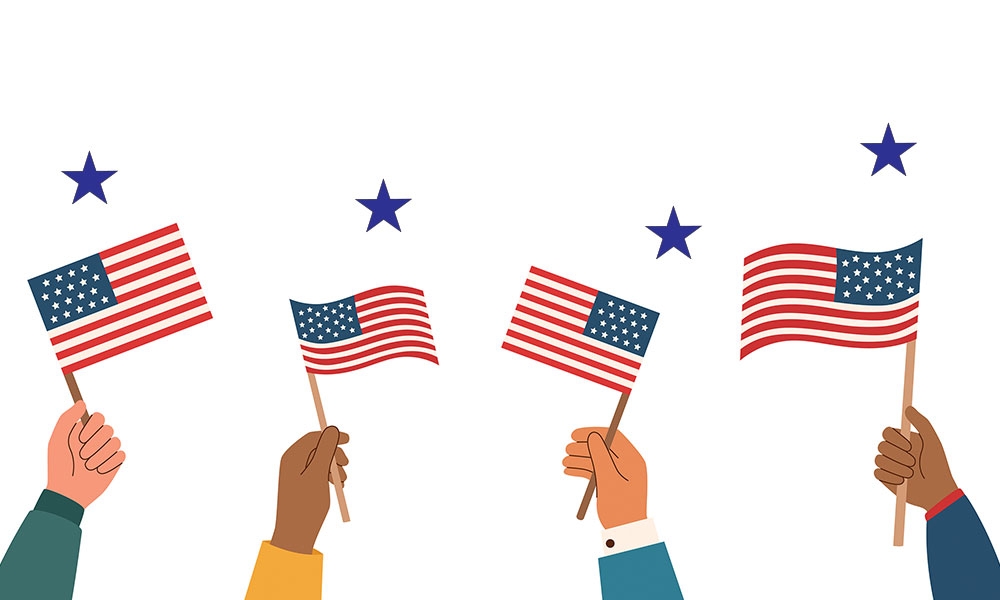
Forming Our Consciences: The role of the Church in American political life
The Church is the body of Christ, who reigns as king over all Creation. Everything, including political life, belongs to Jesus Christ, and so participation in political life belongs to the mission of the Church. Our mandate is to ‘go into all the world and proclaim the good news to the whole creation’ (Mk 16:15). –Pope Francis, Evangelii Gaudium
The Church is the body of Christ, who reigns as king over all Creation. Everything, including political life, belongs to Jesus Christ, and so participation in political life belongs to the mission of the Church. Our mandate is to ‘go into all the world and proclaim the good news to the whole creation’ (Mk 16:15). –Pope Francis, Evangelii Gaudium
Our national tradition of religious freedom permits and encourages all people of faith to bring the insights of their religious traditions to bear on political matters. As Pope Francis affirmed during his visit to the United States, “Religious liberty, by its nature, transcends places of worship and the private sphere of individuals and families … Religion itself, the religious dimension, is not a subculture; it is part of the culture of every people and every nation.”
“If society is to have a future, it must respect the truth of our human dignity and submit to that truth … A society is noble and decent not least for its support of the pursuit of truth and its adherence to the most basic of truths” (Fratelli Tutti, 207). The truths that guide public life can be known by natural reason.
The sanctity of human life, the equal dignity of all individuals, the obligation to protect the vulnerable, the nature and purposes of sex, marriage and family — these are not exclusively “religious” truths, but truths that all people of goodwill can come to know without the aid of revelation. Our Catholic faith sheds light on these truths, and so we have a duty to bring that light to our nation.
Conscience is “a judgment of reason” by which one determines whether an action is right or wrong (see Catechism of the Catholic Church, 1778). It does not allow us to justify doing whatever we want, nor is it a mere “feeling.” Conscience — properly formed according to God’s revelation and the teaching of the Church — is a means by which one listens to God and discerns how to act in accordance with the truth. The truth is something we receive, not something we make. We can only judge using the conscience we have, but our judgments do not make things true.
It is our responsibility to learn more of Catholic teaching and tradition, to participate in Church life, to learn from trustworthy sources about the issues facing our communities and to do our best to make wise judgments about candidates and government actions. These decisions should take into account a candidate’s commitments, character, integrity and ability to influence a given issue.
Thus equipped, and further impelled by our sense of patriotism, we exercise our right and duty to vote and otherwise to participate actively in public life. By forming our consciences for faithful citizenship, we can better pursue the common good and thus obey the command of our Lord to love our neighbors.
Adapted from Forming Consciences for Faithful Citizenship. Copyright © 2023, United States Conference of Catholic Bishops, Washington DC. All rights reserved. Quotes from papal and Vatican sources copyright © Libreria Editrice Vaticana (LEV), Vatican City. All rights reserved.
